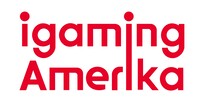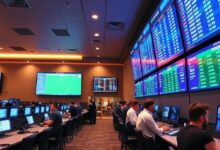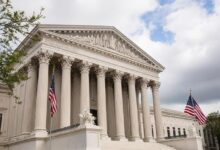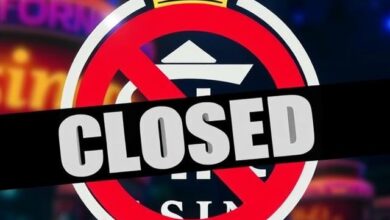Nevada and New Jersey Trade Groups Challenge Prediction Markets

The casino industry trade groups in Nevada and New Jersey are expressing their frustration with the emergence of prediction markets, particularly as the Commodity Futures Trading Commission (CFTC) prepares for a roundtable discussion on this topic on April 30, 2025. In anticipation of this event, the CFTC invited public comments on the offering of sports contracts through prediction markets, leading to a notable response from some of the nation’s top gaming states. Among the 29 submissions made available to the public, many hailed from tribal gaming groups concerned about issues surrounding sovereignty and exclusivity. However, submissions from key trade groups in Nevada and New Jersey suggest that the commercial side of the industry also harbors significant dissatisfaction with the situation.
While prediction markets have existed for some time, they gained considerable attention following a court ruling favoring the New York-based exchange Kalshi in October. That decision allowed Kalshi to offer election betting despite the CFTC’s objections, opening the door for various platforms, including Robinhood and Crypto.com, to join in. This led to considerable trading activity, with billions of dollars exchanged in election contracts last November, and the introduction of sports contracts shortly thereafter. This has sparked considerable unrest among various stakeholders, including gaming operators, state regulators, and responsible gaming advocates. Because federally sanctioned exchanges are permissible across all 50 states and are not classified as sports betting, they currently do not incur state betting taxes, raising further concerns regarding consumer protection.
In response to these developments and the accompanying challenges, the CFTC has organized the upcoming roundtable. The agency’s position on prediction markets remains uncertain, particularly in light of the shift in presidential administrations. Notably, Donald Trump Jr. was appointed as an adviser to Kalshi in January, and President Trump’s nominee for the CFTC chair, Brian Quintenz, is a member of Kalshi’s board.
The Nevada Resort Association (NRA), a leading trade group in the state, took a strong stance against prediction markets in their response submitted on April 3. Traditionally, Nevada considers itself the cornerstone of legal gaming in the U.S., and NRA President and CEO Virginia Valentine voiced a determined defense of this reputation. She emphasized that Nevada has cultivated a safe environment for legal sports betting for decades. “Allowing for sports wagering to happen outside of state regulated channels puts citizens at risk and endangers the critical economic support gaming provides,” she stated. Valentine also noted that after PASPA was overturned in 2018, other states turned to Nevada for guidance in establishing their own sports betting frameworks.
Read also: Record Igaming Revenue in New Jersey Compensates for Casino and Sports Betting Dip
In contrast, New Jersey, which has played a pivotal role in shaping the modern sports betting landscape, articulated its concerns in a submission on April 2 from the Casino Association of New Jersey (CANJ). CANJ President Mark Giannantonio highlighted the state’s lengthy struggle to legalize sports betting, emphasizing the lack of consumer protections in the illegal betting market. “Our state policymakers knew people were betting on sports, but they were doing so illegally and with no consumer protections,” he pointed out. He argued that the establishment of a legal sports betting industry in New Jersey was carefully crafted to ensure safety and economic benefits for the state, and he expressed worries that federally sanctioned prediction markets could undermine those efforts.
Similar to Nevada, New Jersey has also taken action against Kalshi, issuing a cease-and-desist order on March 27. Kalshi has countersued in New Jersey, but a scheduled hearing has been postponed to coincide with the CFTC roundtable on April 30. As the situation develops, the responses from these influential gaming states reflect the industry’s apprehension about the future of prediction markets and their potential impact on regulated sports betting. Nevada New Jersey Prediction Markets














